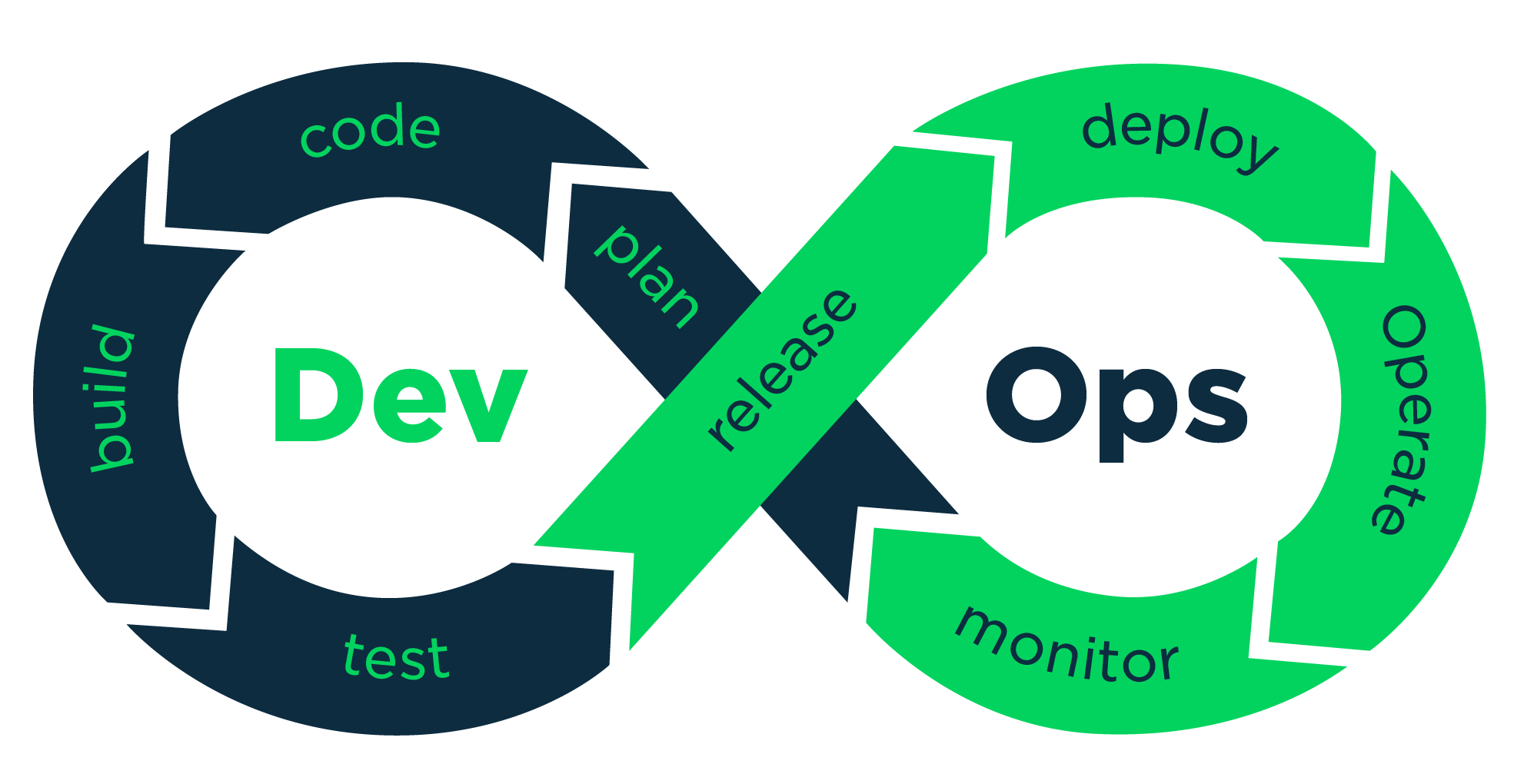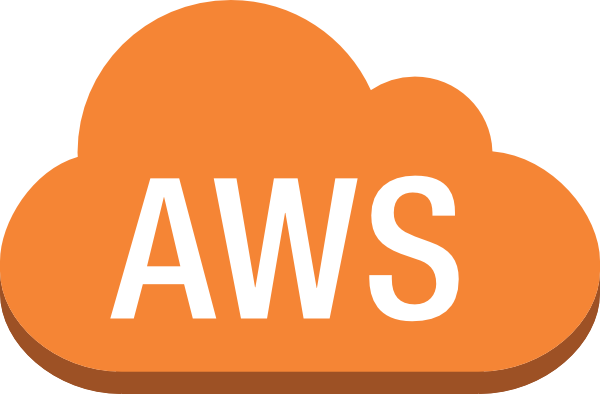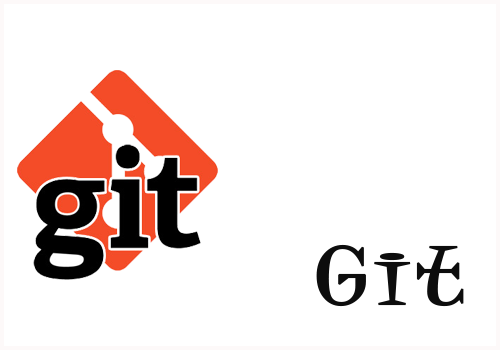Can I attend a Demo Session?
To maintain the quality of our live sessions, we allow limited number of participants.
Therefore, unfortunately live session demo cannot be possible without enrollment
confirmation. But if you want to get familiar with our training methodology and process
or trainer's teaching style, you can request a pre recorded Training videos before
attending a live class.
Will I get any project?
We do not have any demo class of concept. In case if you want to get familiar with our
training methodology and process, you can request a pre recorded sessions videos before
attending a live class?
Who are the training Instructors?
All our instructors are working professionals from the Industry and have at least 10-12
yrs of relevant experience in various domains. They are subject matter experts and are
trained for providing online training so that participants get a great learning
experience.
Do you provide placement assistance?
No, But we help you to get prepared for the interview. Since there is a big demand for
this skill, we help our students for resumes preparations, work on real life projects
and provide assistance for interview preparation.
What are the system requirements for this course?
The system requirements include Windows / Mac / Linux PC, Minimum 2GB RAM and 20 GB HDD
Storage with Windows/CentOS/Redhat/Ubuntu/Fedora.
How will I execute the Practicals?
In Cloud, We can help you setup the instance in cloud (AWS, Cloudshare & Azure), the
same VMs can be used in this training.
Also, We will provide you with step-wise installation guide to set up the Virtual Box
Cent OS environment on your system which will be used for doing the hands-on exercises,
assignments, etc.
What are the payment options?
You can pay using NetBanking from all the leading banks. For USD payment, you can pay
by Paypal or Wired.
What if I have more queries?
Please email to contact@DevopsSchool.com
What if I miss any class?
You will never lose any lecture at DevOpsSchool. There are two
options available:
You can view the class presentation, notes and class recordings
that are available for online viewing 24x7 through our site Learning management system
(LMS).
You can attend the missed session, in any other live batch or
in the next batch within 3 months. Please note that, access to the learning materials
(including class recordings, presentations, notes, step-bystep-guide etc.)will be
available to our participants for lifetime.















